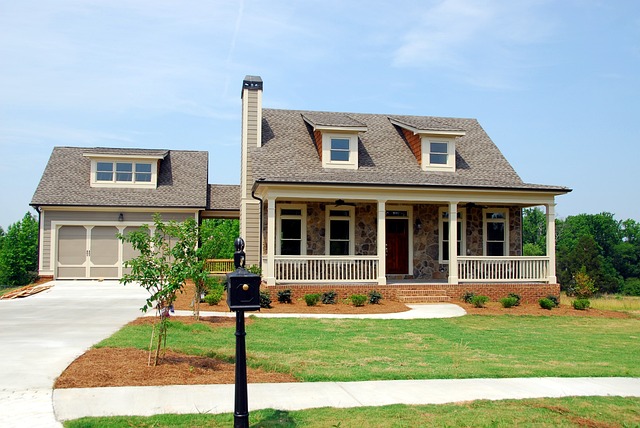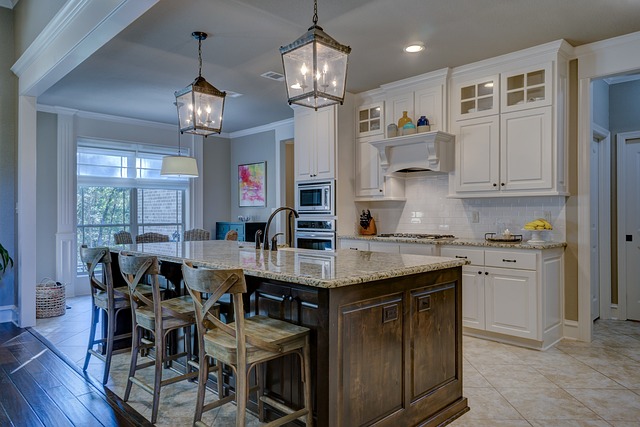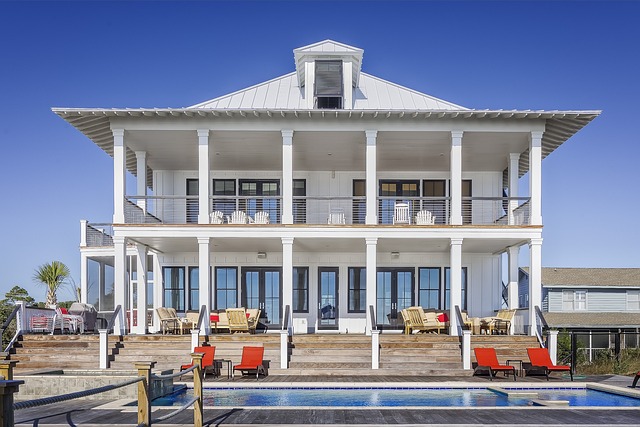prospective homeowners considering an Available EC (Executive Condominium) in Singapore should understand that these properties are designed for couples who earn too much for an HDB flat but aren't yet eligible for a private condominium. ECs offer larger living spaces and comprehensive facilities at competitive prices, with the unique advantage of potentially upgrading to a full private condominium after five years of occupancy, which can influence their future value and mortgage options. It's crucial to be aware of the eligibility criteria set by the Council for Estate Agencies (CEA), including income limits and the requirement to be first-time homeowners who haven't owned an EC, DB flat, or HDB flat in the last 10 years. Additionally, financial responsibility is verified through the Total Debt Servicing Ratio (TDSR) and Mortgage Servicing Ratio (MSR). The location, size, and design of available ECs vary, with some situated in mature estates offering established amenities or in newer towns with a mix of public and private facilities. The resale market for ECs is active, with opportunities for financial gain through en bloc sales or conversion to private property after the Minimum Occupation Period (MOP) is satisfied. Long-term considerations are key for a sustainable investment, with the potential for significant appreciation in value and marketability as private properties. Understanding these aspects ensures informed decision-making within Singapore's vibrant property market.
Exploring the nuances of Executive Condominiums (ECs) in Singapore is essential for prospective homeowners. This article delves into the unique characteristics of available ECs, clarifying their legal eligibility criteria and purchase process. It also navigates long-term considerations such as resale options, en bloc sales potential, and the conversion to private property. Understanding these aspects ensures informed decision-making for those considering an EC as their home.
- Understanding the Distinctive Characteristics of Available ECs in Singapore
- Legal Eligibility Criteria for Purchasing an Executive Condominium
- The Purchase Process and Ownership Rights Associated with ECs in Singapore
- Long-Term Considerations: Resale, En Bloc Sales, and Conversion to Private Property
Understanding the Distinctive Characteristics of Available ECs in Singapore

Prospective homeowners in Singapore considering an Executive Condominium (EC) as their abode should familiarize themselves with the distinctive characteristics that set ECs apart from other housing options. Available ECs in Singapore are hybrid housing models designed for couples who may not immediately qualify for a public flat but earn too much to be eligible for a Housing and Development Board (HDB) flat. These properties offer a unique blend of the benefits associated with private condominiums, such as larger living spaces and condominium facilities like swimming pools and gymnasiums, at a price that is more affordable compared to pure private condominiums.
When exploring available ECs in Singapore, one must understand the eligibility criteria and the resale rules unique to these properties. For instance, after meeting the minimum occupancy period, owners of an EC can sell their unit in the open market, but upon satisfying certain conditions, including a five-year minimum occupation period, the EC will automatically upgrade to a private condominium status. This upgrade process, known as the enhancement of lease scheme, is a significant consideration for potential buyers, as it affects the property’s future value and the types of mortgage available. Additionally, the location, size, and design of available ECs vary, with some situated in mature estates offering convenience and well-established amenities, while others are found in new towns with a mix of public and private facilities. Understanding these characteristics is crucial for individuals to make informed decisions when considering an EC as their next home.
Legal Eligibility Criteria for Purchasing an Executive Condominium
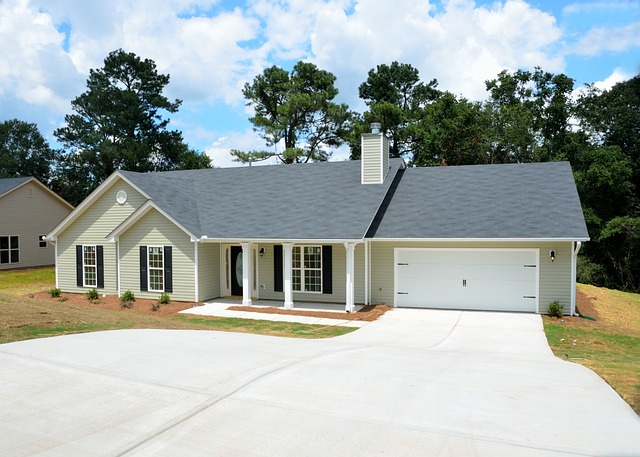
Prospective buyers interested in purchasing an Executive Condominium (EC) in Singapore must first meet the stringent legal eligibility criteria set forth by the Council for Estate Games and Housing (CEA). These criteria are designed to ensure that ECs serve as a housing option for young couples or families who aspire to upgrade from a public housing flat to a private property. As of the current regulations, applicants must be Singapore citizens who have not previously owned a private residential property. Additionally, they should not have held an EC, design, and build (DB) flat, or a flat bought from the Housing & Development Board (HDB) within the past 10 years. Couples intending to apply for an EC must also fulfill the Total Debt Servicing Ratio (TDSR) and Mortgage Servicing Ratio (MSR) criteria to ensure financial prudence.
Furthermore, only families with income ceilings set by the CEA are eligible to purchase an EC. These income limits are regularly updated to align with Singapore’s housing policies. It is crucial for potential buyers to refer to the most recent guidelines provided by the Singaporean government or authorized real estate entities. For those who meet these criteria, owning an available EC in Singapore presents a unique opportunity to enjoy the benefits of condominium living while being part of a community designed for upwardly mobile citizens. The process involves applying through the HDB and upon fulfilling the requirements, the applicant can proceed with the purchase, contributing to the vibrancy of Singapore’s property landscape.
The Purchase Process and Ownership Rights Associated with ECs in Singapore
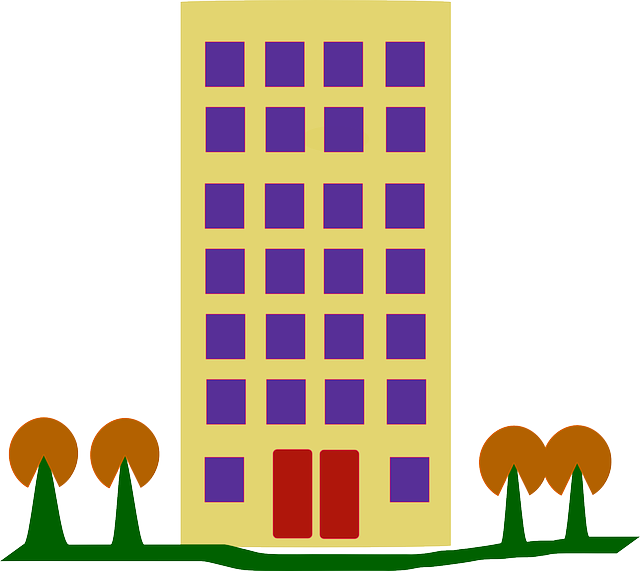
In Singapore, the Executive Condominium (EC) is a hybrid housing scheme designed for families and couples who wish to upgrade from public to private housing. The purchase process for an EC is structured to cater to the needs of eligible applicants. Prospective buyers must first identify available ECs in Singapore that suit their preferences, such as location, size, and amenities. They then engage in a systematic application and approval process, which involves meeting the criteria set by the Housing & Development Board (HDB) and obtaining the necessary financial housing grants if applicable. Once approved, the purchase proceeds with the signing of a Sale and Purchase Agreement (SPA), where the buyer legally commits to purchasing the EC unit. The Minimum Occupation Period (MOP) for an EC is five years from the date the keys are handed over, after which the unit can be sold on the open market, effectively granting owners the flexibility to sell their units without restriction. During the MOP, however, owners are prohibited from subletting their EC and must occupy the unit as their primary residence. Post-MOP, ownership rights align with those of private condominiums, allowing for a wider range of options in terms of resale or rental. Understanding these stipulations is crucial for potential EC buyers to navigate the purchase process and exercise their ownership rights effectively within the Singaporean housing framework.
Long-Term Considerations: Resale, En Bloc Sales, and Conversion to Private Property
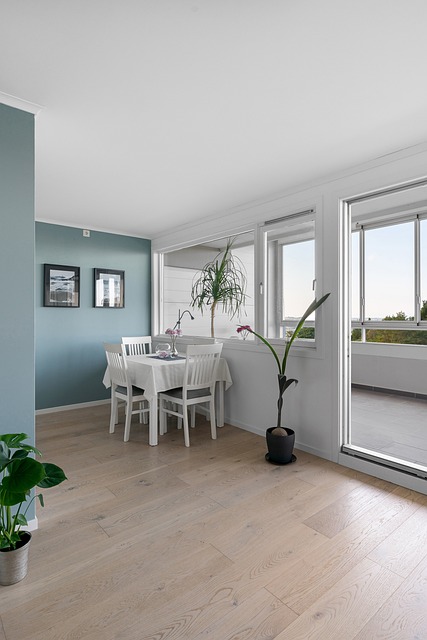
When contemplating the purchase of an Executive Condominium (EC) in Singapore, long-term considerations are paramount to ensure a sound investment. Prospective owners must be aware that after fulfilling the minimum occupancy period of five years, they have the option to sell their EC unit on the open market. This resale process is subject to the owner satisfying the eligibility criteria set by the Housing & Development Board (HDB) at the point of sale, which includes not having submitted another application for a new flat, and not holding any other subsidized flat. The resale landscape in Singapore is robust, with a variety of available ECs in Singapore providing diverse options for potential sellers.
Beyond resale, EC owners should also consider the possibility of an en bloc sale. This process allows the collective sale of the entire development, whereby the entire block can be sold and redeveloped. Owners stand to benefit from the sale proceeds, which are usually distributed based on the size of their unit and the length of time they have owned it. Additionally, some ECs may be eligible for conversion to private property after a set number of years. This transformation comes with its own set of benefits, including the removal of any public housing restrictions and the potential for increased property value. Prospective EC residents should research the specific terms and conditions associated with their chosen development to understand the long-term implications and opportunities that come with owning an EC in Singapore.
